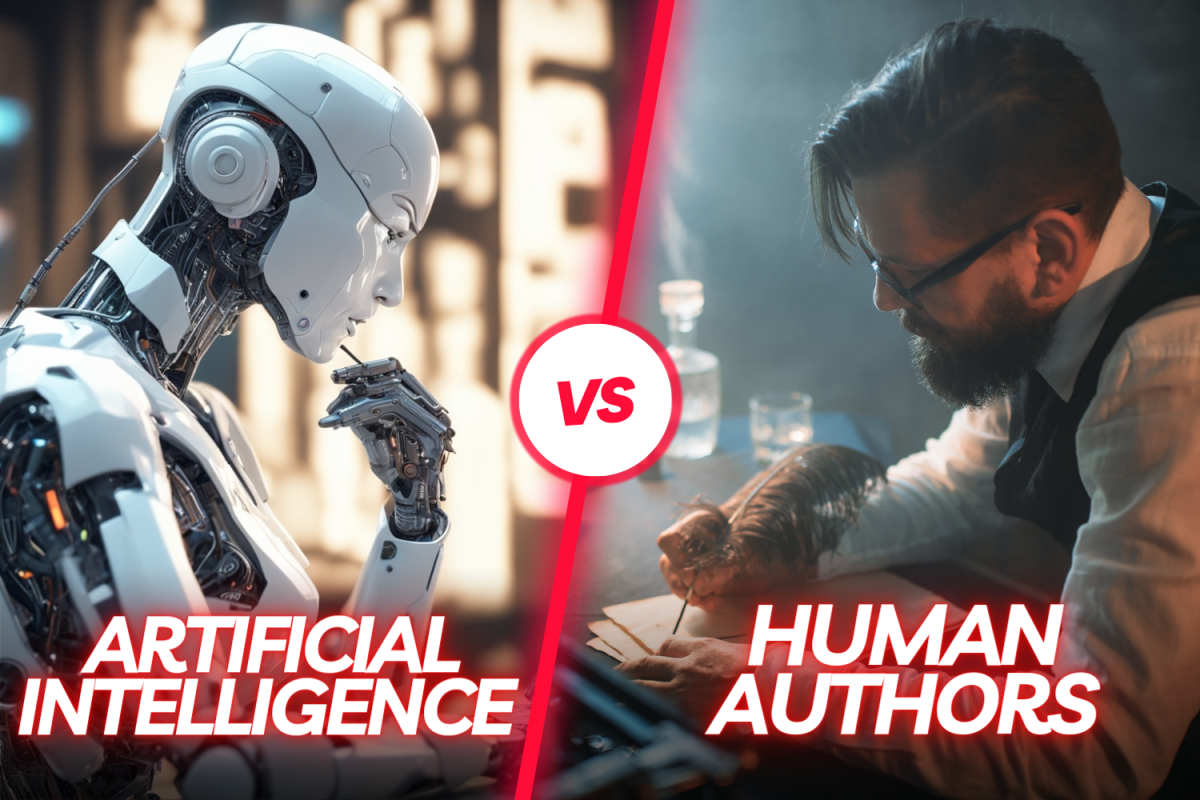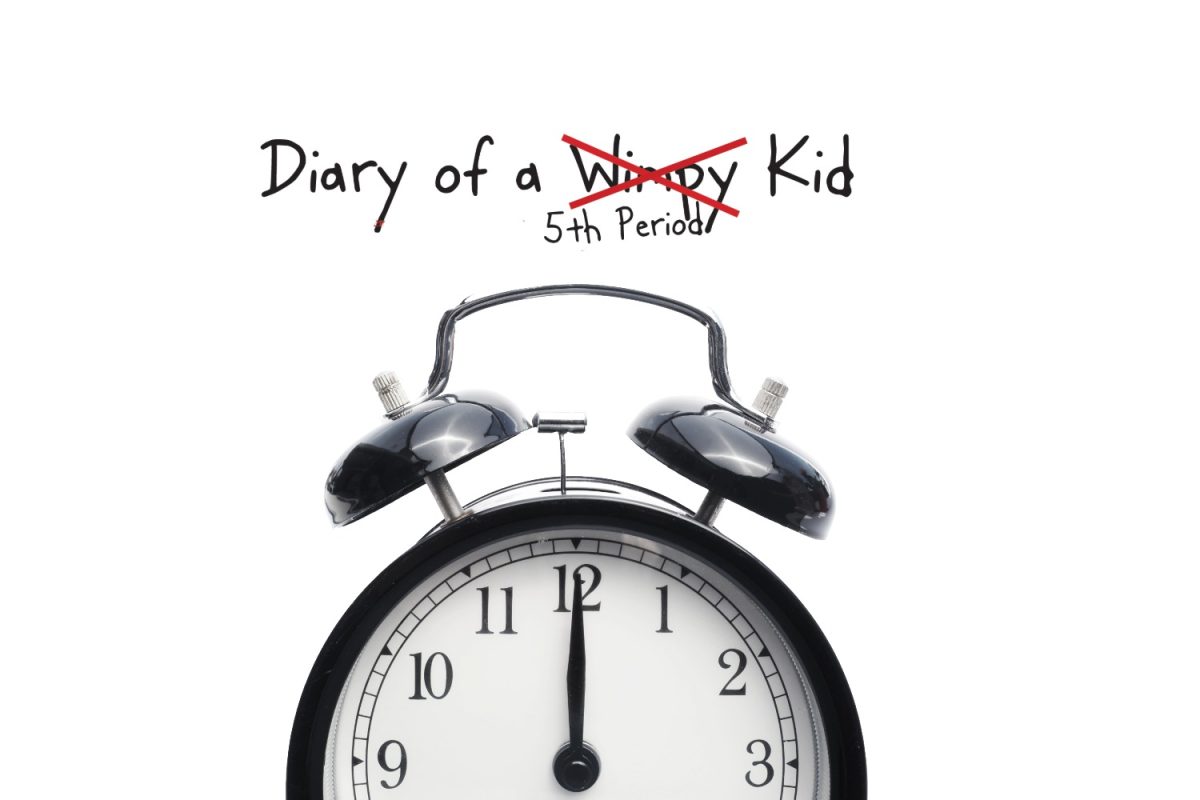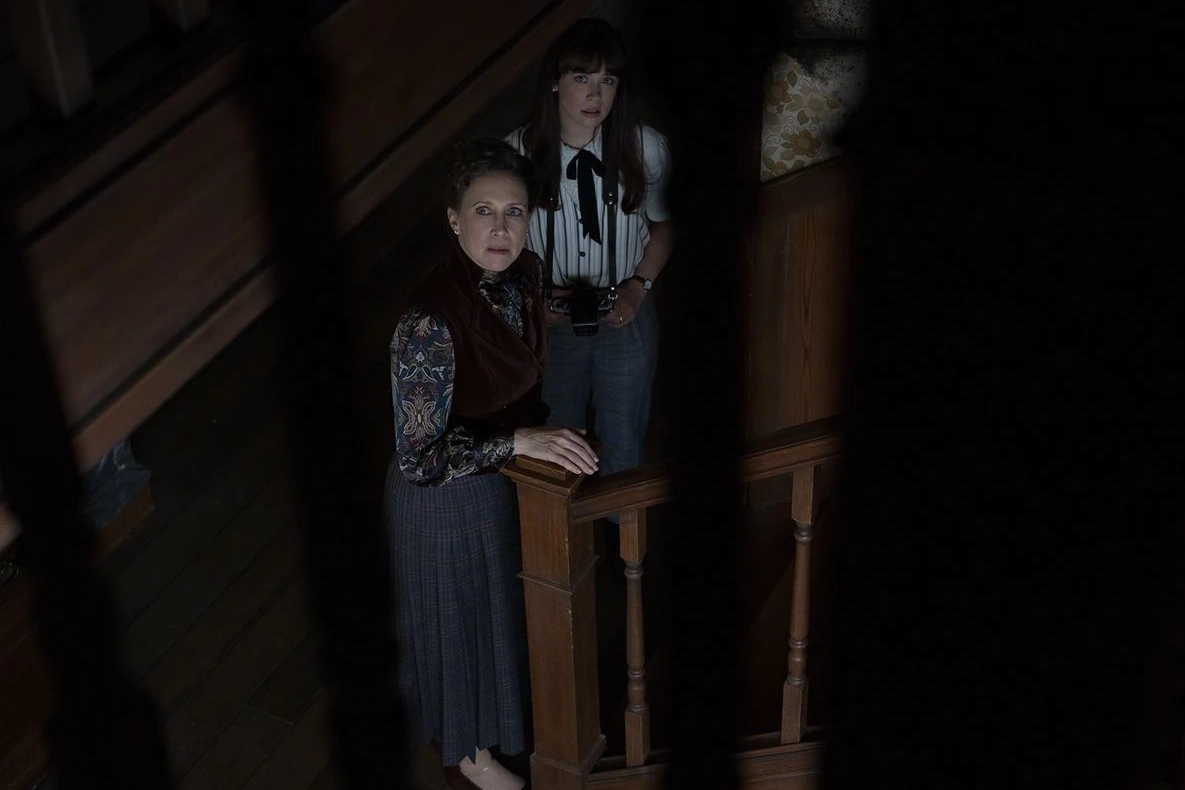The debate over AI and authorship has been a hot-button topic in today’s age as AI continues to advance at an unprecedented rate, leaving writers with the question “How much time until it finally strips away authorship?” Artificial Intelligence is a field in computer science that relies on human intelligence to perform specific tasks or sets of tasks. Fortunately, stripping away authorship won’t be happening anytime soon because AI lacks the very thing that makes a written piece genuine.
I first learned of ChatGPT during an opinion poll in English class. Several months later, I got a new AI-based chatbot that was trending at the time and used it occasionally. Though it came in handy, I noticed how emotionally lacking it felt to converse with it – it being a software that was programmed to imitate human interaction. AI lacks emotions and if you haven’t noticed, that’s everything writing encompasses.
The craft of writing is in depth, it’s not just about structuring syntactically correct sentences and voillà. It takes time, details, imagination, nuance, innate creativity, connection, an understanding of human psychology, experience, perspective, discernment, emotional intelligence and humanity. I don’t think AI has any of those.
Writing is a form of expression birthed in authenticity, one that Artificial Intelligence in all its glory cannot replicate. Somehow writing found a way to evolve with man while AI remains bounded by pre-existing algorithms – and yet we still question if AI is the nemesis of writers. It takes being human to create something humans can relate to, and even though AI feeds off human interaction to create what it can, it will take a whole lot more than sitting down with humans to get it to fill that void.
I’ve read a lot of AI generated texts, and believe me, it has nothing on us. It compensates for its lack of texture by using complex vocabulary that just worsens it. As if that’s not enough, AI generated texts are barely different. Key factors that stand an author’s writing apart is the person’s distinctive voice and style. With AIs built similarly, there is no amount of human input that will impart the same flair and idiosyncrasies of a writer, yet again proving my point that AI is no match for human authors.
AI is a very innovative technology, there’s no denying that fact; however, I fervently believe that its role in writing hasn’t gotten to the point of inflicting fear in writers. It’s a very useful tool but that’s just about it. This shouldn’t even be a topic up for debate, but since it is, here’s my verdict: in the case of AI vs. Authors – authors win. Until we can all agree wholeheartedly that AI is as good as Shakespeare, writers’ jobs are still very much intact.








